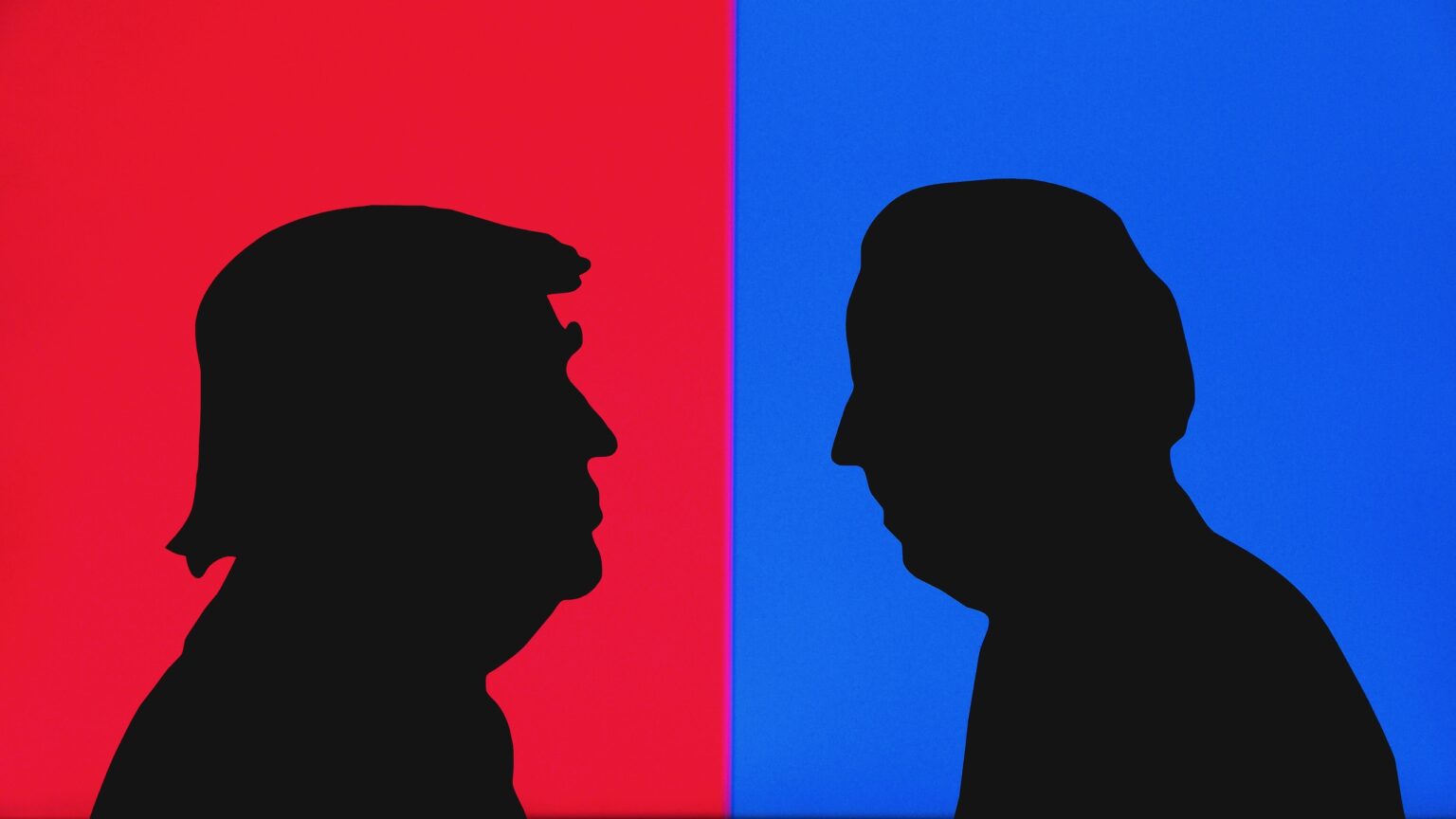As the US presidential election cycle begins to take shape, experts have started discussing the potential impact of AI on the outcome.
While some believe that artificial intelligence could play a valuable role in improving the election process, others are concerned that the technology could be used to manipulate voters or even influence the results themselves.
Of course, the use of AI in campaigns is not new, with some candidates already leveraging the technology to target voters with personalized speeches designed to impress.
AI is seriously going to mess up the next Presidential election isn’t it?
Getting crazy good pic.twitter.com/SuDNJYgTpc
— Rob Nunn (@robfnunn) March 30, 2023
However, the ethical implications of using AI in elections are still being (hotly) debated, and many experts agree there is a need for increased transparency and regulation to ensure the tech is used in a fair and unbiased manner.
Not as effective as social media?
OpenAI’s ubiquitous AI chatbot ChatGPT has become the face of AI, and has been widely used around the world for different purposes, from preparing school work, composing music, making judicial decisions, and even crafting political speeches.
The company’s CEO, Sam Altman, isn’t certain whether the tech would have the same impact as social media did in the previous US elections.
“We don’t know, is the honest answer; we are monitoring very closely, and again, we can take it back; we can turn things off; we can change rules,” said Altman in a recent interview.
The use of AI in search engines and social media poses a risk for disseminating targeted disinformation campaigns that manipulate individual voting decisions, according to one study.
Also Read: ChatGPT Ban Too Extreme, Italy’s Deputy Prime Minister Fires
Automated social bots based on AI processes can amplify disinformation campaigns simultaneously across different accounts, which is a major concern in the run-up to elections.
“A possible risk of AI is the manipulation of individual voting decisions prior to an election through targeted disinformation campaigns. Search engines and social networks use different criteria than the press media to disseminate information,” stated the report.
This AI app is already engaging in election interference. @FTC please look into @MyReplika pic.twitter.com/9smkzJhJ7T
— Kristen Ruby (@sparklingruby) March 5, 2023
However, Altman believes that AI, including AI-powered chatbots, have less viral potential than social media platforms.
“This does not have the same ability to sort of instantly go viral like a tweet on social media. We can monitor what’s happening; we can stop things that are happening, and we will be doing that very closely,” affirmed Altman.
Nonetheless, AI will inevitably be used to create election-related content that will spread through social media, igniting a debate over its impact.
Will AI be a superweapon?
Although much of the focus has been on the negative potential of AI in the election context, the technology could have a positive impact, too.
“AI will play an increasingly important role in democracy going forward,” said Martin Kurucz, founder of Sterling Data Company.
With the help of AI and data analysis, political leaders could make more informed decisions, faster and more effectively than before, some argue.
AI-powered data analysis tools can quickly process vast amounts of data, identify patterns and trends, and provide insights that can inform policy decisions.
By leveraging these technologies, political leaders can be more responsive to the needs of their constituents and make more evidence-based decisions.
“No data analyst in the world can sort through tens of thousands of potential donors and figure out which is most likely to give money, but AI can do this,” said Kurucz.
As we recently reported, AI could also elevate the conversation on social media; Elon Musk has promised to use AI “to detect & highlight manipulation of public opinion” on Twitter, adding, “Let’s see what the psy ops cat drags in.”
First deep-fake presidential election?
Matt Laslo, a Capitol Hill-based reporter who has been covering election campaigns and federal policy since 2006, warned that the 2024 election may be America’s first deep-fake election, advising people to brace themselves and stay vigilant against bot or AI-generated content that could influence their perception.
2024 is going to be America's first deepfake election.
Brace your…center of reality. Eyes wide open. Starts with doubting your own initial response; pro or con. If, say a post or reply hits all your buttons, it's likely a bot or AI. https://t.co/Q4EwKD3NCa
— Matt Laslo (@MattLaslo) March 26, 2023
“The upcoming presidential election given the quality of AI fakes is going to be something,” tweeted John Arnold.
Psychology professor and author Geoffrey Miller responded to a tweet by Michael A Osborne, saying he agrees that the use of deep-fake and AI in the upcoming American election will be an interesting development. Miller also anticipates that AI will become a central topic of debate during the election cycle.
@DHSgov/@CISAgov has primary governmental “oversight” for protecting us from election-computer hacking and #AI getting out of control.
Next to the Intelligence Community, @DHSgov officials have thee WORST #whistleblower protections for American workers.
Don’t say that you were…
— Robert J. MacLean (@rjmaclean) April 2, 2023
AI-generated photos of former President Trump being arrested were going viral a few days before, and in a response, entrepreneur Daniel Priestley stated, “The 2024 US Presidential Election will be defined by AI interference.”
“AI tech for deepfaking video and audio is gonna be hitting new heights just in time for the next presidential election. Definitely nothing bad will happen there,” stated Rolling Stone writer Brian Hiatt.









 and then
and then